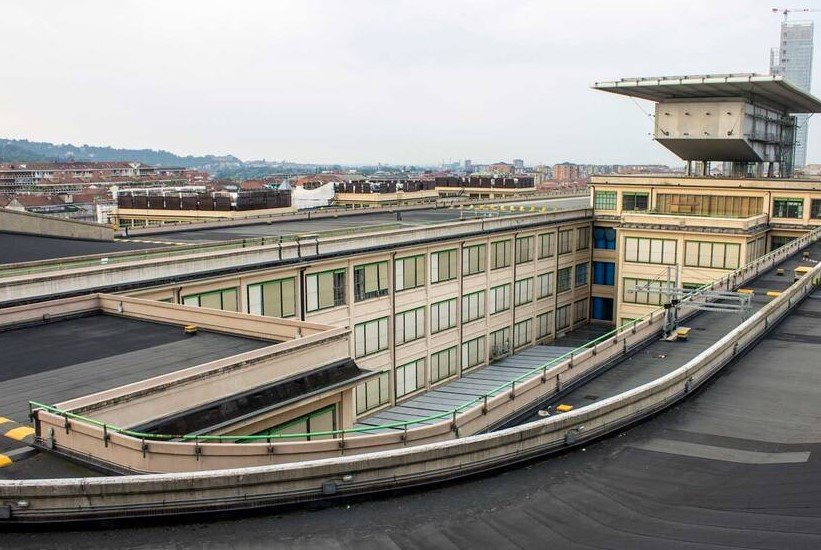Jordan has started building its first international car racing track in Aqaba, a major step to boost motorsports in the region. The Aqaba International Circuit, set to open soon, aims to host big races and draw tourists, but questions remain about whether it can ever welcome Formula 1 events.
Project Overview and Timeline
The Aqaba Development Corporation teamed up with Engicon to kick off this huge project in 2025. It covers over one million square meters and includes a main 3.6 km track, a 1.5 km karting area, green spaces, parking lots, and facilities for teams and fans.
Work began in early 2025, with experts overseeing every part from roads to electrical systems. The track meets global standards and could host events like regional championships. Officials say it will enrich Aqaba’s event lineup and create jobs.
This comes at a time when motorsports are growing in the Middle East. Jordan wants to join neighbors like Bahrain and Saudi Arabia in the racing world.
FIA Grading Explained
The new track holds an FIA Grade 3 rating, which allows it to host various car races but not the top-tier Formula 1. FIA grades tracks from 1 to 6 based on safety, layout, and features, with Grade 1 needed for F1 Grands Prix.

Grade 3 suits events like touring car series or junior formulas. Upgrading to Grade 1 would require major changes, such as better barriers, longer straights, and advanced tech.
Here is a quick look at FIA track grades:
| Grade | Suitable For | Key Requirements |
|---|---|---|
| 1 | Formula 1 and top series | High safety, long circuits, full facilities |
| 2 | Lower formulas and sports cars | Strong barriers, good runoff areas |
| 3 | Regional races and training | Basic safety, shorter tracks |
| 4 | Entry-level events | Minimal features, often for clubs |
| 6 | Off-road like rallycross | Special layouts for dirt or ice |
Jordan’s track starts at Grade 3, a solid base for growth.
Experts note that tracks can upgrade over time. For example, some circuits in Europe have moved up grades with investments.
Potential for Formula 1 Hosting
Many fans wonder if Aqaba could one day host Formula 1. Right now, it falls short of Grade 1 needs, like high-speed corners and massive spectator areas. F1 requires tracks over 4 km with strict safety rules.
Jordan lacks an F1 history, unlike Bahrain, which has hosted races since 2004. Saudi Arabia’s Jeddah circuit, a Grade 1 track, joined the calendar in 2021 and will continue through 2027.
Still, upgrades are possible. If Jordan invests more, the track could aim higher. Local reports suggest it might host F1 testing or support events first.
Key challenges include:
- High costs for upgrades, estimated at millions of dollars.
- Competition from established tracks in the region.
- Need for global partnerships to attract big teams.
Logical steps could involve starting with smaller races to build experience.
Economic and Tourism Boost
This project promises big wins for Jordan’s economy. Aqaba, a key port city, could see more visitors from racing fans worldwide. Sports tourism is booming, with events like F1 drawing millions in revenue.
The track includes green areas over 76 dunums and parking for hundreds of cars. It will create jobs in construction, operations, and hospitality.
Compared to other projects, Saudi Arabia’s upcoming Qiddiya Speed Park aims for F1 with unique features like a corner 20 stories high. Jordan’s effort is smaller but vital for local growth.
In 2025, global motorsports are hot, with F1 viewership up 20 percent from last year. Jordan could tap into this trend.
Officials predict the circuit will host its first events by late 2026, sparking interest in the region.
Comparison with Regional Racing Scenes
The Middle East is a hub for motorsports. Bahrain’s International Circuit, a Grade 1 track, hosts F1 annually and features turns named after legends like Michael Schumacher.
Saudi Arabia plans to move its Grand Prix to Qiddiya by 2027, blending racing with entertainment. These tracks bring in huge crowds and media attention.
Jordan’s Aqaba track stands out for its focus on training and regional events. It includes a low-friction center for driver skills, something not common in all circuits.
While not F1-ready yet, it could partner with neighbors for joint events. Recent races like the Jordan Baja in 2024 show growing interest in off-road and rally sports in Aqaba.
Future Outlook and Challenges
Looking ahead, the Aqaba International Circuit could evolve. Upgrades might happen if it proves successful with initial races. Jordan’s government sees it as a way to diversify tourism beyond beaches and history.
Challenges include funding and environmental concerns, like building in a desert area. Balancing growth with sustainability is key.
Fans are excited, with social media buzzing about potential F1 dreams. As of September 2025, construction is on track, and more details will emerge soon.
What do you think about Jordan’s racing future? Share your thoughts in the comments and spread the word to fellow motorsport enthusiasts.
